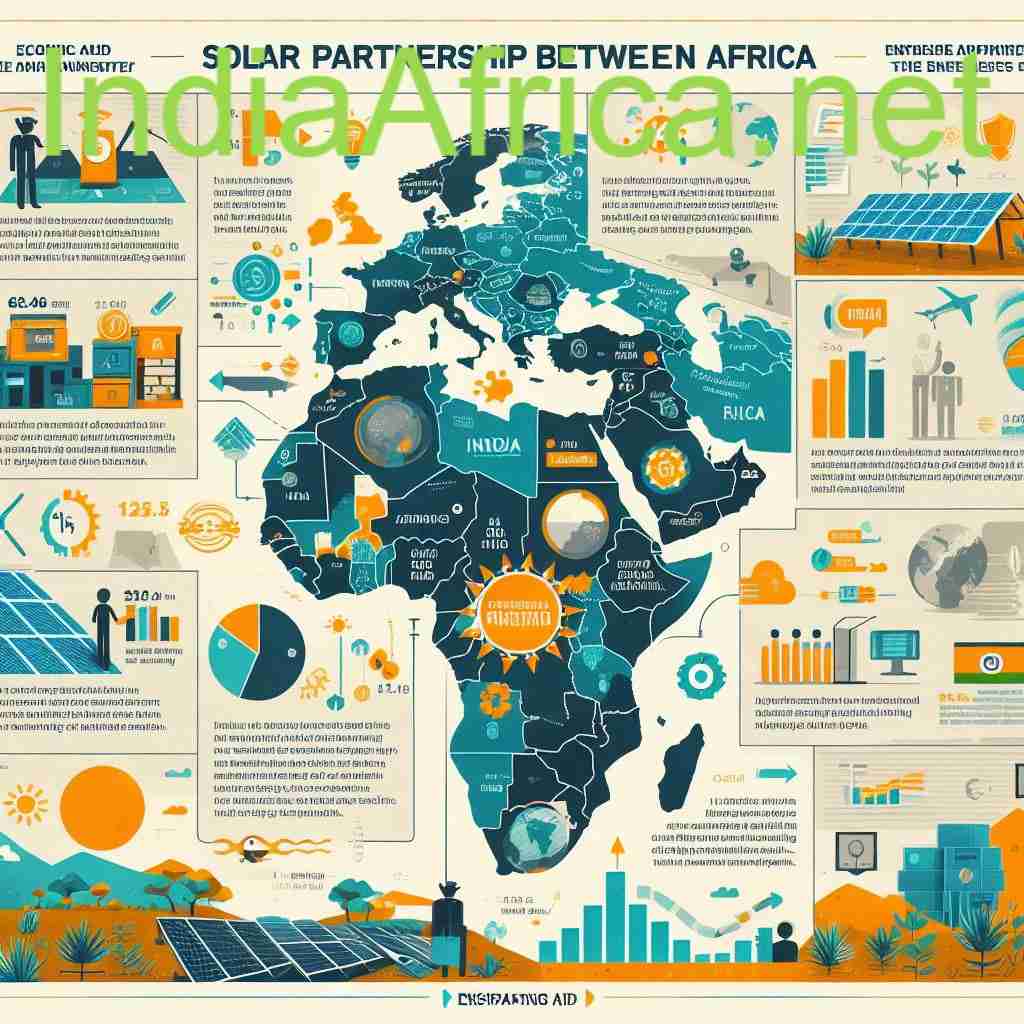The potential for trade between India and Africa is immense, driven by economic growth, diverse markets, and complementary resources. However, this potential faces a significant hurdle: logistics and infrastructure challenges. Inadequate transport networks, inefficient customs procedures, and limited warehousing facilities impede smooth trade flow and increase costs for businesses. Platforms like IndiaAfrica.net play a crucial role in bridging this gap by facilitating collaborative solutions and fostering innovation in trade facilitation.

The Scope of the Challenge:
- Transportation bottlenecks: Poorly maintained roads, limited air cargo capacity, and congested ports lead to delays and increase shipping costs.
- Complex customs procedures: Lengthy clearance times, cumbersome documentation, and non-transparent regulations add time and expense to cross-border trade.
- Inadequate infrastructure: Limited storage facilities, underdeveloped cold chain networks, and unreliable energy supply hinder efficiency and product quality.
Connecting Stakeholders, Finding Solutions:
IndiaAfrica.net serves as a platform for collaboration, connecting governments, businesses, and development agencies from both continents. This enables:
- Knowledge sharing: Best practices and innovative solutions from both regions are shared, fostering collective problem-solving.
- Joint infrastructure development: Collaborative projects address crucial needs, such as port modernization, road construction, and digital trade infrastructure.
- Policy advocacy: The platform facilitates dialogue with policymakers, encouraging trade-friendly regulations and efficient customs procedures.
Showcasing Success Stories:
- Public-private partnerships: Indian and African governments partner with private companies to develop dedicated trade corridors and logistics hubs.
- Technology adoption: Blockchain technology simplifies customs clearance, while digital platforms improve cargo tracking and transparency.
- Regional cooperation: Initiatives like the African Continental Free Trade Area (AfCFTA) promote harmonized standards and infrastructure development across Africa.
Beyond Infrastructure, Building Capacity:
While infrastructure development is crucial, building local capacity is equally important. IndiaAfrica.net facilitates:
- Training programs: Logistics professionals in Africa receive training in areas like trade finance, supply chain management, and customs procedures.
- Entrepreneurial support: Platforms connect African businesses with Indian expertise and resources, enabling them to participate effectively in cross-border trade.
- Knowledge exchange: Indian and African trade associations share best practices and collaborate on joint capacity-building initiatives.
Looking Ahead: A Smoother Trade Landscape:
By addressing logistics and infrastructure challenges, India-Africa trade can reach its full potential. We can expect:
- Reduced trade costs: Efficient transportation networks and streamlined customs procedures will make trade more affordable and accessible.
- Increased market access: Businesses will have easier access to diverse markets, boosting economic growth and job creation.
- Greater regional integration: Improved infrastructure will facilitate closer economic partnerships within Africa and with India.
In conclusion, overcoming logistics and infrastructure hurdles in India-Africa trade requires a collaborative approach. Platforms like IndiaAfrica.net play a vital role in connecting stakeholders, fostering innovation, and building capacity. By working together, we can bridge the gap and pave the way for a smoother, more inclusive, and mutually beneficial trade landscape for both continents.

